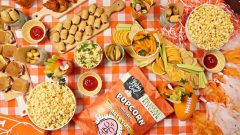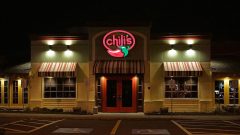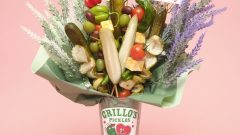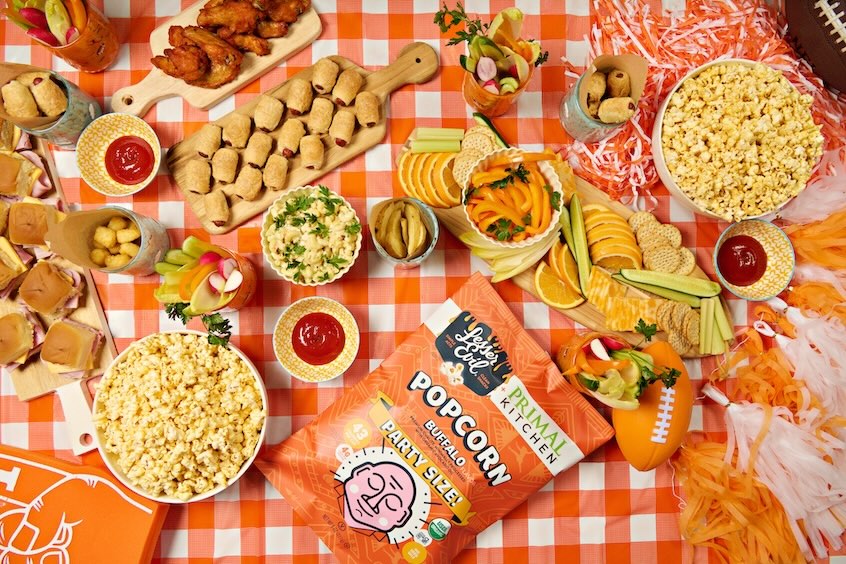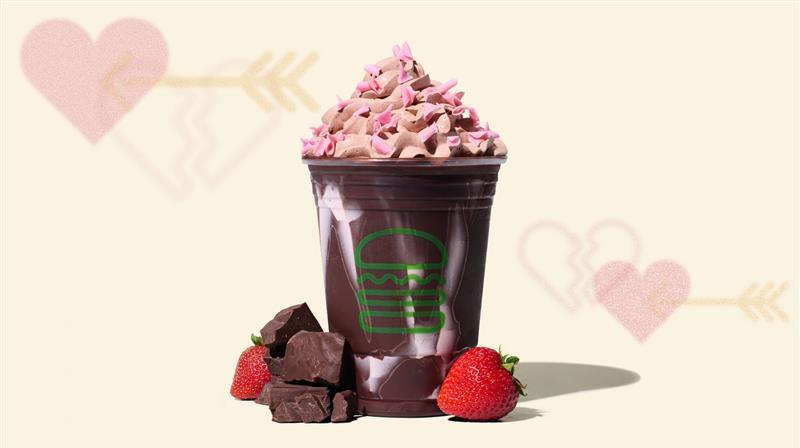Losing Our Buzz: How The Declining Bee Population Affects Our Food Supply
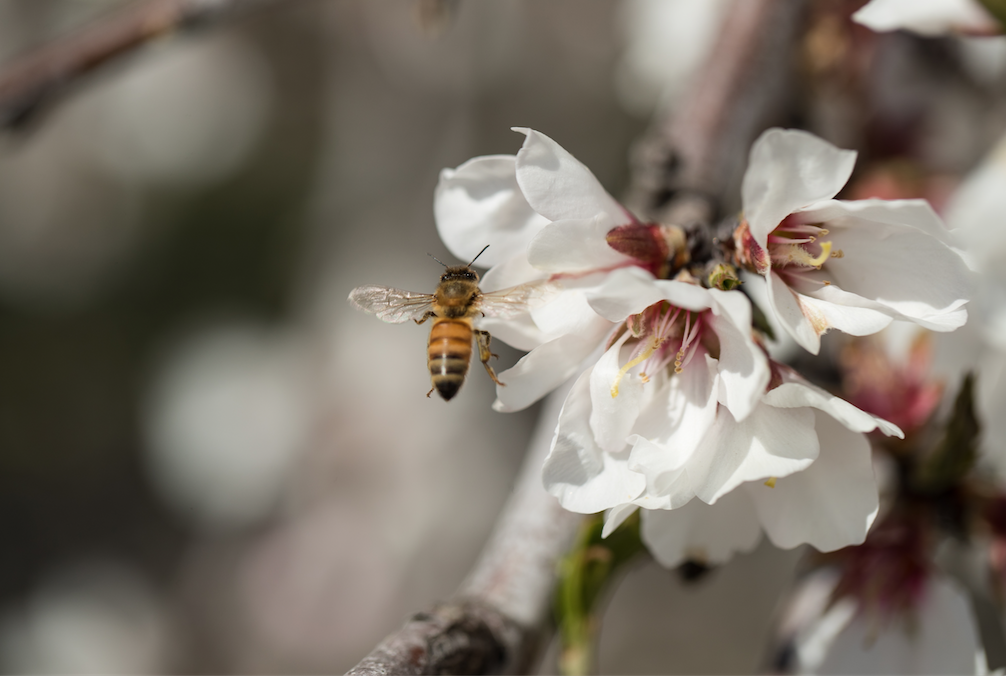
The next time you see a honey bee fly a little too close for comfort, you may want to think twice about swatting it away so carelessly. If you weren’t already aware of how vital bees are for our food supply and ecosystem, you might be in for quite a surprise.
I can understand how difficult it is to notice the little things when we constantly get carried away with the big picture… or our phones. This is true for both life and our food supply. Living in the 21st century, we tend to brush past the fact that a lot of our food comes from farms, not packages in our grocery stores or our local fast food favorites. We may not realize it, but the necessity of bees as little pollinators in our crops accounts for over 30% of the food and beverages we consume. As bee populations continue to dwindle dangerously, our food supply is sure to suffer more than we can imagine. Many core ingredients in the food we cook and eat often rely on bees to pollinate them in order to yield seeds.

Photo by Gani Pinero Photography LLC/Häagen-Dazs
Impact of Bees on Our Food Supply
To put it simply, when bees cross-pollinate plants, they transfer pollen from one plant to another, leading to the fertilization and production of fruits and seeds (you know… plant sex). As the primary pollinators in our ecology, bees (along with butterflies) play an integral role in our food production. A study done by the Natural Academy of Sciences has estimated that almost 75% of our planet’s seed and flower producing plants rely on pollinators to some degree.
So, if pollinators continue to disappear, the health of our crops can drastically weaken, leading to a smaller yield. With a lower supply and a high demand, prices for your favorite fruits and other foods could skyrocket in the near future.

Photo by Gani Pinero Photography LLC/Häagen-Dazs
Let me hit you with a few examples: If we don’t have bees, there would be no watermelons at your summer barbeque. If we don’t have bees, there would be no pumpkin in your basic ass pumpkin spice lattes. If we don’t have bees, there would be no cucumbers for you to take to your screening of 50 Shades Darker!
There are a number of origins that have lead up to our pollinator deficit, but outdated and improper farming techniques have been a main cause . According to the Xerces Society, the non-profit organization leading the advocacy for conserving pollinators, a quarter of bee species in the United States are in danger of extinction, so that only gives you some inclination of what could happen if we continue to neglect our buzz-worthy friends. Xerces Society’s pollination conservation director, Eric Mader, continued on to say how a lot of farms have had to ship bees from other parts of the country due to the diminishing presence of native bees.

Photo by Gani Pinero Photography LLC/Häagen-Dazs
Ongoing Contribution Efforts
Because this is such an important issue concerning our food supply, companies like Haagen-Dazs are taking the proper conservative initiatives to protect and sustain our pollinators. In 2008, they launched their “Haagen-Dazs Loves Bees” program, providing research and educational funding for pollinator leadership. They’ve installed one of the largest, privately funded pollinator habitats on their almond supplier’s farm in California’s Central Valley, which consists of 6.5 miles of hedgerows within 840 acres of farmland.

Photo by Gani Pinero Photography LLC/Häagen-Dazs
Even Cheerios has since joined the fray with their #BringBackTheBees program, removing their mascot, Buzz, from their cereal boxes; insinuating the lack of bees in our environment, and aiming to plant 3,300 acres of pollinator habitat by the year 2020.
If we want things to change, it all starts at home. There are ‘plant-y’ of sustainable agricultural initiatives we can start in our personal gardens (however big or small). Xerces has stated that there are four principles that we can enact to help.

Photo by Gani Pinero Photography LLC/Häagen-Dazs
Create a diversity of bloom― If possible, provide a few different species of flowering plants that bees can collect nectar and pollen from.
Protect nests and egg-laying sites― Bees use the unkept areas of the garden to nest. Also consider leaving hives alone, or call proper authorities to relocate them safely.
Don’t use pesticide― Most of your garden pest problems can be solved without using harmful chemicals. Find other alternatives that do not harm pollinators directly.
Advocacy― Tell your neighbors, family, friends about how they can do their part to help conserve our pollinators. You never know the power of your words until you use them.
The bee population is dwindling faster than we could have ever imagined; we may not necessarily be seeing its negative effects right now, but it is a bigger issue than we can comprehend. We’ve got to play a proactive role continuing to create sustainable agricultural solutions, not just for our pollinators, but ultimately for ourselves.


